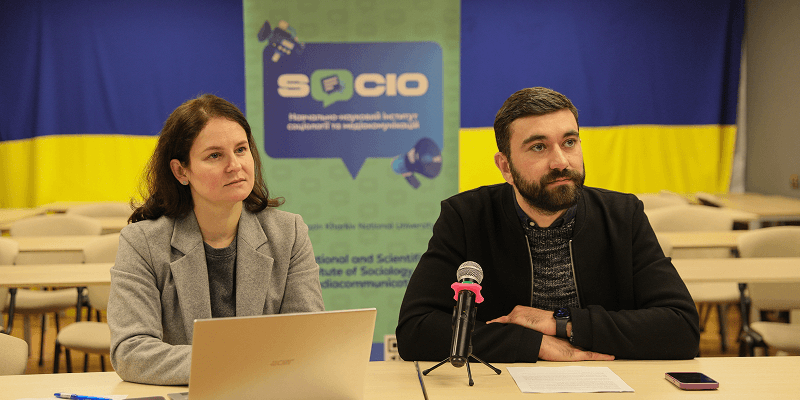%20(1).png)
International Scientific and Practical Conference "Management of Economic Environment Development in the Conditions of Global Transformations"
On February 6, 2025, V. N. Karazin Kharkiv National University hosted the plenary session of the III International Scientific and Practical Conference on "Managing the Development of the Economic Environment in the Context of Global Transformations." The conference was organized by the Department of Economics and Management of the Education and Research Institute "Ukrainian Engineering and Pedagogics Academy."
The event brought together leading scholars, experts, business representatives, and government officials to discuss pressing challenges in the global and national economy. More than 200 researchers from various higher education institutions across Ukraine registered for the conference.
The opening address on behalf of the Rector of Karazin University, Tetyana Kaganovska, was delivered by Professor Viktoriia Prokhorova, Head of the Department of Economics and Management at the Education and Research Institute "Ukrainian Engineering and Pedagogics Academy." In her speech, Tetyana Kaganovska emphasized the importance of integrating science, education, and business to develop effective economic strategies in the modern world.
Other speakers who extended their greetings included:
- Anatolii Babichev, Vice-Rector;
- Viktoriia Prokhorova, Head of the Department of Economics and Management;
- Denys Kovalenko, Director of the Education and Research Institute "Ukrainian Engineering and Pedagogics Academy";
- Vitalii Diachok, Dean of the School of Economics.
During the plenary session, in-depth research and analytical reviews of current economic trends were presented.
Olha Shamaieva, Deputy Director of the Department of Economics and International Relations of the Kharkiv Regional State Administration, examined the specifics of the regional planning system. She emphasized the necessity of a flexible approach in developing strategic documents for regional development, particularly in times of war and post-war transformation. She underlined that regional policy should not only address crisis consequences but also create the foundations for sustainable economic growth. Special attention was given to investment attraction, the use of modern digital technologies in planning, and the integration of regional strategies into the national economic development system to respond effectively to global instability.
Olena Arefieva, a professor at the Kyiv Aviation Institute, presented a thorough analysis of national economic trends and their impact on Ukraine’s higher education system. She focused on the need to transform educational programs in response to labor market changes driven by rapid technological advancements, globalization, and structural economic shifts. Discussions included implementing digital competencies in education, integrating artificial intelligence, automation, and digital solutions, and fostering partnerships between universities, businesses, and government institutions to enhance the adaptability of educational programs and improve graduates’ competitiveness in the global job market.
The decarbonization and eco-modernization of Ukraine’s energy sector in the post-war period emerged as a key topic for sustainable economic development, particularly in the context of European integration and global climate challenges. Liliiana Horal, a professor at the Ivano-Frankivsk National Technical University of Oil and Gas, analyzed the prospects of ecological transformation in the energy sector. She highlighted the need to balance modernizing existing capacities with the adoption of renewable energy sources. She stressed the importance of strategic planning and investments in "green" energy as crucial factors for enhancing Ukraine’s energy security and independence. Additionally, she reviewed successful international adaptation practices for the Ukrainian context.
Vitalina Babenko, a professor at Karazin University, presented opportunities and prospects for Ukrainian researchers to participate in programs of the European Institute of Innovation and Technology. She emphasized the importance of international integration in research and development, highlighting the benefits of engaging in grant initiatives and collaborative projects that open new avenues for commercializing scientific developments and attracting investments. She also underscored the necessity of active cooperation between Ukrainian universities and European research centers to build a resilient innovation ecosystem that would enhance the competitiveness of Ukrainian science globally.
Oksana Dmytriieva, a professor at Kharkiv National Automobile and Highway University, focused on digital technologies in economic analysis and innovative development of automobile transportation. She justified the significance of implementing modern digital solutions to improve industry efficiency, specifically exploring the potential of big data, artificial intelligence, and automated monitoring systems for optimizing traffic flows and reducing operational costs. Oksana Illivna emphasized the need for integrating digital technologies into strategic transport infrastructure planning to enhance road safety, environmental sustainability, and the competitiveness of the transportation sector in the era of global digital transformation.
Nataliia Kuzmynchuk, a professor in the Department of Marketing, Management, and Entrepreneurship at Karazin University, highlighted the development of human capital as a key factor in community resilience amid European integration. She stressed that partnerships between educational institutions, businesses, and the public sector are essential for creating opportunities for professional development, workforce adaptation to new economic realities, and regional competitiveness. The speaker emphasized that investment in education, digital skills, and entrepreneurial activity is strategically crucial for fostering an innovative economy and leveraging the potential of Ukrainian communities within the European framework.
Adaptive leadership in modern organizations was another crucial topic discussed. Tetiana Lepeiko, Head of the Department of Management, Business, and Administration at Simon Kuznets Kharkiv National University of Economics, explored this concept in her presentation "Leading through Generation: Crafting Adaptive Leadership Styles for Modern Enterprises." She emphasized the necessity of flexible leadership approaches in response to an unstable economic environment. Practical aspects of developing adaptive leadership styles were discussed, enabling enterprises to effectively respond to global transformations and build competitive business models.
The presentation by Viktoriia Haustova, Director of the Scientific Research Center for Industrial Development Problems of the National Academy of Sciences of Ukraine, attracted significant attention. Her speech, "Ukraine’s Industry Under External Shocks: State, Changes, and Prospects," provided a comprehensive analysis of the challenges faced by the industrial sector due to war, global economic instability, and disrupted supply chains. She outlined possible adaptation strategies, including the modernization of production facilities, diversification of trade relations, and the introduction of innovative risk management approaches for industrial enterprises.
Yuliia Us, a professor at Karazin University, examined the prospects of implementing compliance management systems in the context of Ukraine’s economic integration. She highlighted the importance of adhering to corporate responsibility and transparency standards, stressing that an effective compliance strategy is not just a requirement of international regulatory bodies but also a key factor in building trust between businesses, the government, and consumers. The discussion also focused on the need to implement modern digital tools for automating risk management and regulatory compliance monitoring, helping Ukrainian companies align with EU standards and strengthen their position in global markets.
The conference served as an important academic platform for discussing key challenges in economic development, Ukraine’s integration into global processes, digital transformation, small business support, and the implementation of innovative management approaches. The findings and recommendations will be used to improve management practices, economic policy formation, and further scientific research in this field.
Following the conference, a collection of abstracts will be published, containing the research findings and scientific recommendations of the participants.



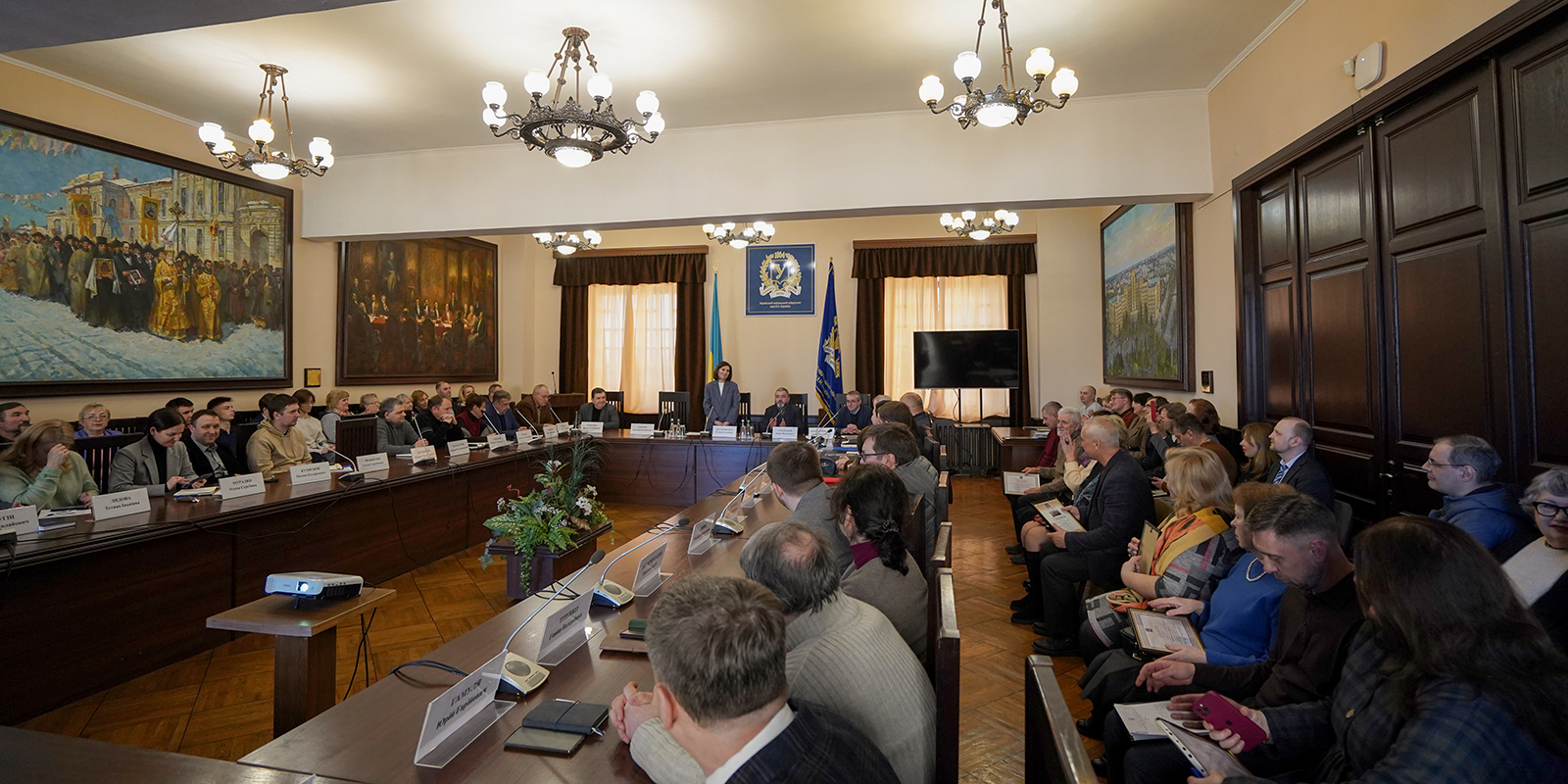
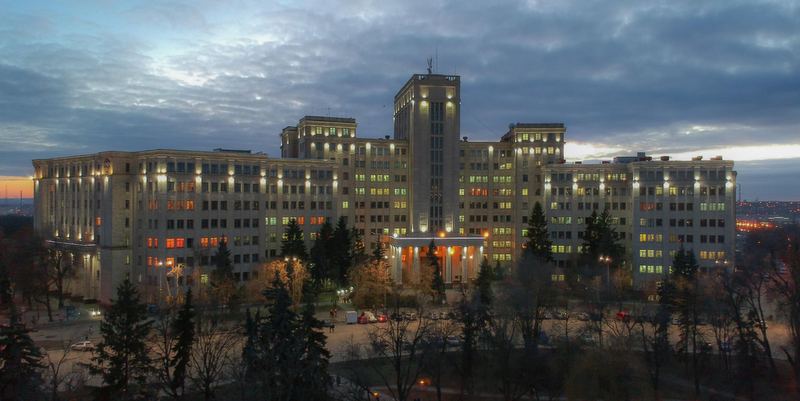
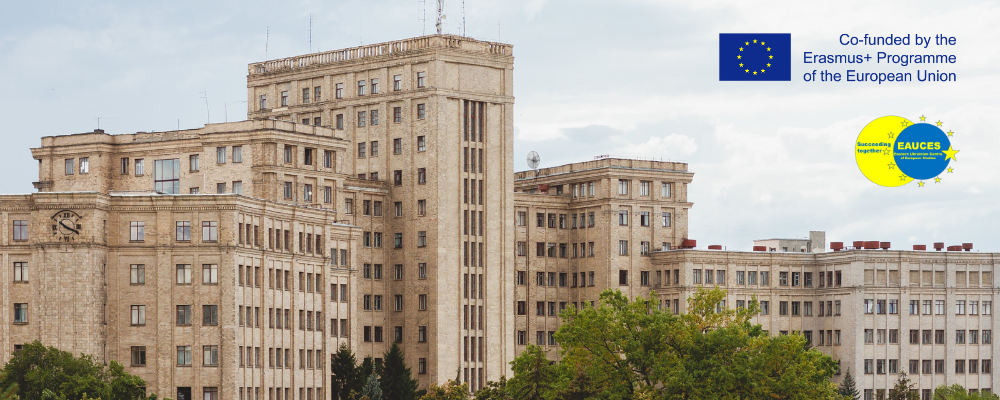
.jpg)
.png)
.jpg)
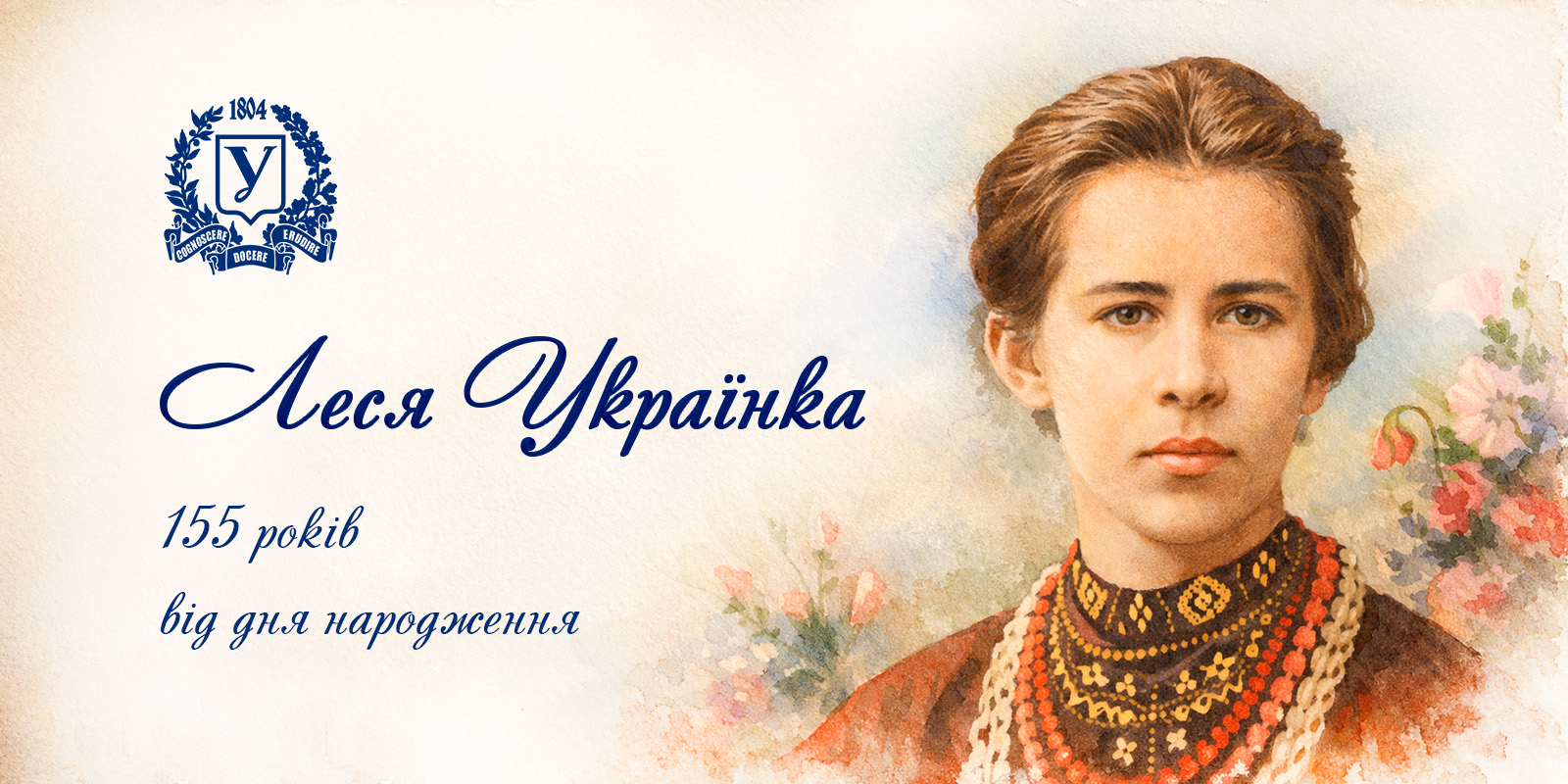
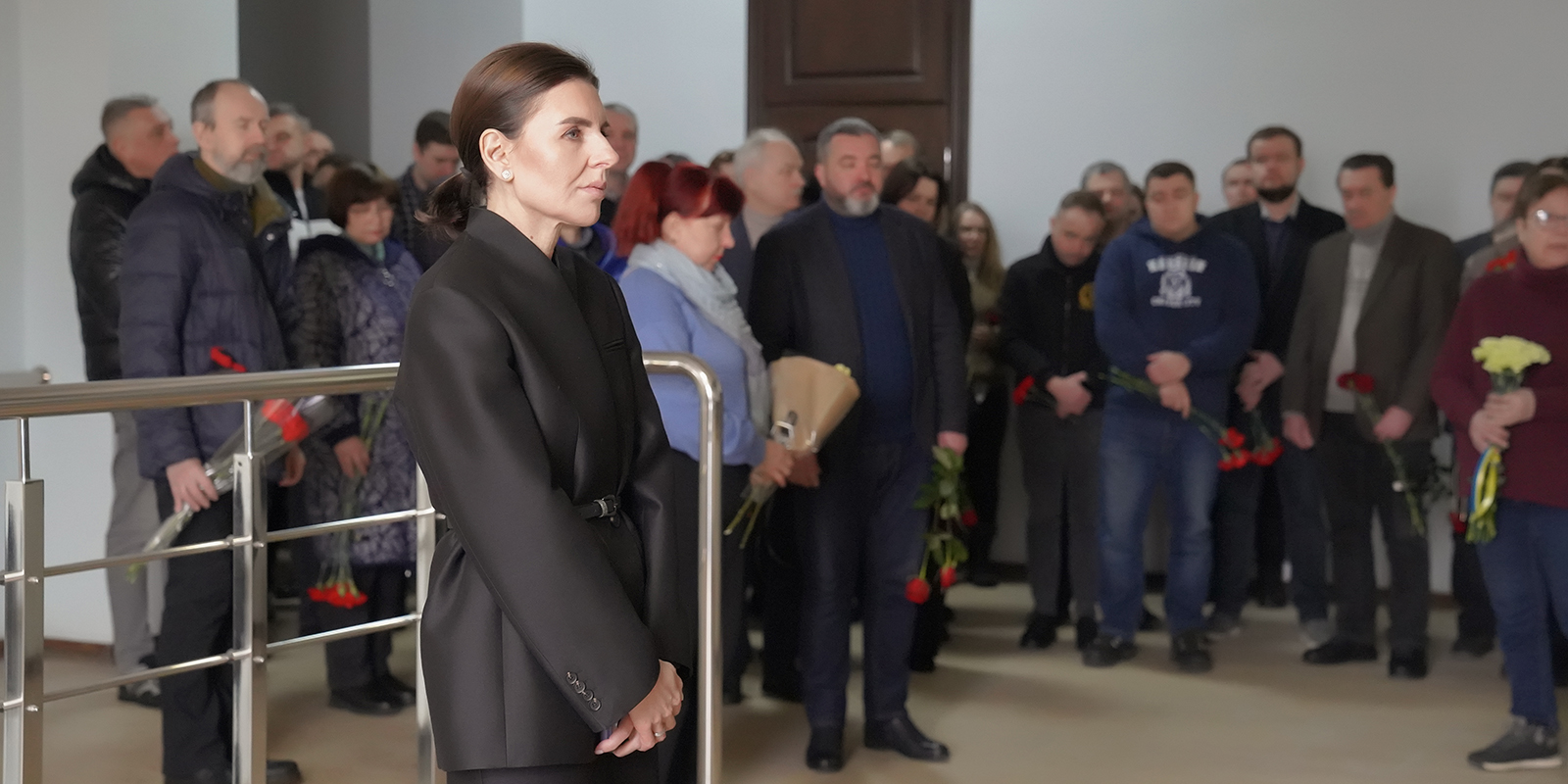
.jpg)
